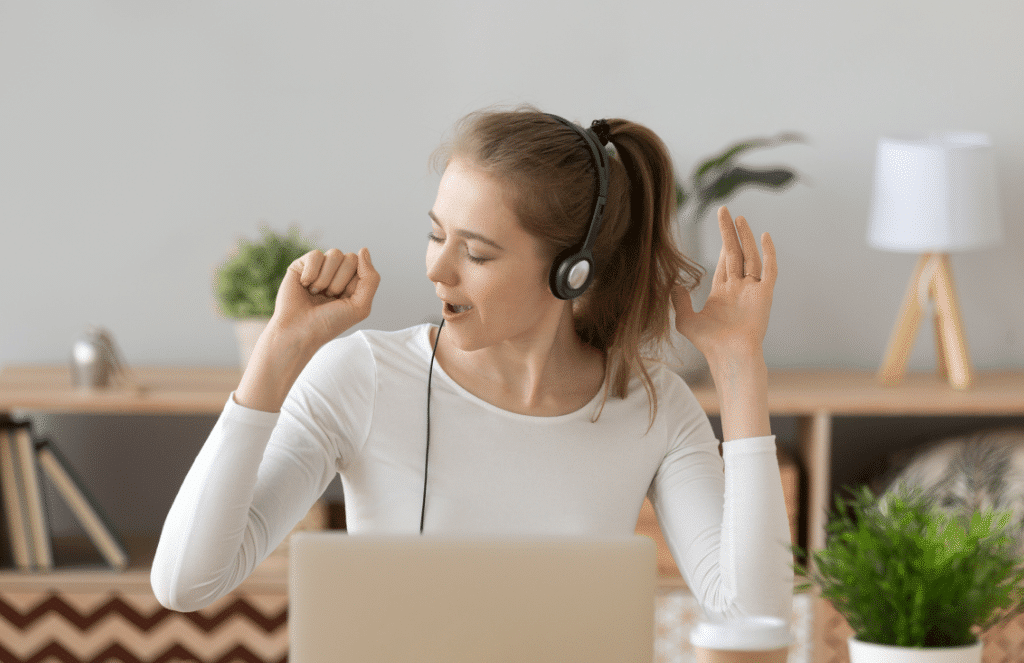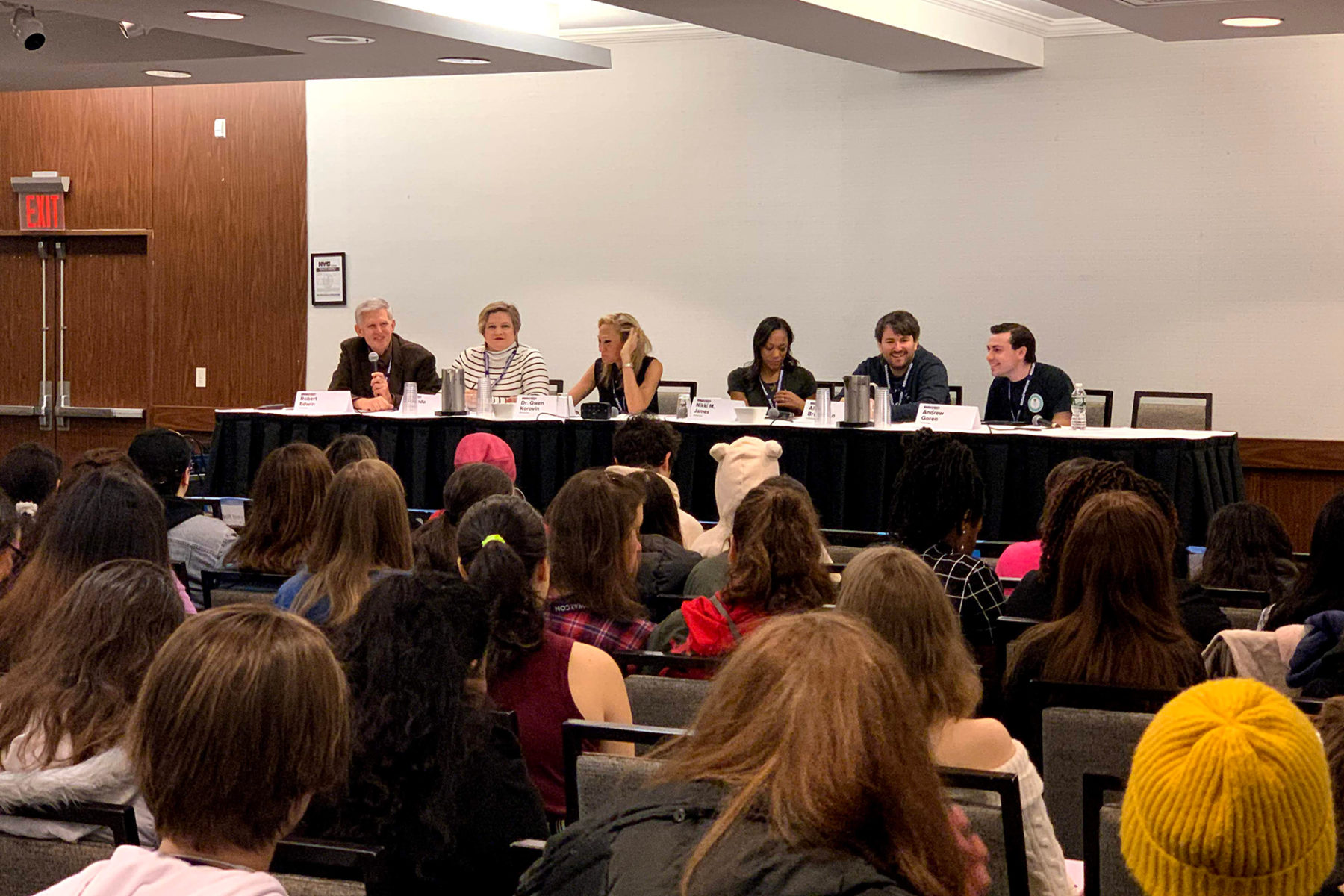What to Look for When Choosing a Home Microphone for Vocals
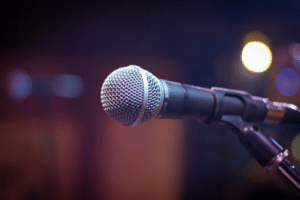
Image link: https://www.pexels.com/photo/black-and-gray-microphone-164829/
Source: Pexels
The global pandemic has undoubtedly devastated the music industry due to more and more events continuing to be pushed back indefinitely. Despite this, people have been making the most out of the situation. Indeed, both professionals and amateurs have been maximizing the use of the digital space. Theatre groups have been putting on online performances that have brought theatre closer to audiences than ever before. Online choirs have also become more and more popular, using the multitude of streaming platforms to expand their reach and bring the music to the people. Music enthusiasts also seem to be passing the time by creating music of their own. These range from recording covers of popular songs or full-blown quarantine albums recorded DIY style.
This is due to the slew of tools and resources available online that have made making music infinitely easier for beginners. Harmony Helper can be pretty useful, as it can aid in mastering vocal work to get you ready for recording. It can help fine-tune everything from vocal harmony to rhythm and pitch. Once you feel like you're ready to record, the first thing you have to do is get yourself a reliable microphone. However, it may be quite difficult to pick one out especially if you don't know what you're after. There are many things to consider when choosing the best microphone for vocals. From condenser and dynamic mics to how a microphone captures sound, this article will ensure you make the right choice.
Condenser or Dynamic
Now, the first decision you have to make is whether to get a dynamic microphone or a condenser microphone. While each mic has its own strengths and weaknesses, it's important to note that condenser mics are typically better for indoor and studio recording. Dynamic mics are commonly used for live performances. For the most part, you won't really want to use dynamic mics for home recordings as they are less sensitive than their condenser mic counterparts.
Condenser mics are considered some of the best mics for vocals when it comes to studio recording, as they are often more versatile and are more sensitive to sound. This makes them a great mic for picking up the subtleties and nuances of one's voice. You may also want to make use of a pop filter, as it can help filter out the harsh sounds that the condenser mic tends to pick up. If you don't want to spend on a pop filter, you may also use a spare sock.
Frequency Response
While it may sound complicated, the frequency response is something well worth understanding especially when choosing a microphone. This is a microphone's ability to reproduce the sound that it captures. While a microphone captures your voice, the sound that passes through it and is reproduced is rarely the exact sound that went in.
The optimal range you'll want for a vocal mic is around 80 Hz to 15 kHz. This should be more than enough to capture vocals and reproduce them in an acceptable way. However, this may differ if you're going to be recording instruments as well. This is why people often record instrumentals separately from vocals.
Sensitivity and SPL
Lastly, you'll want to take the sensitivity and sound pressure level (SPL) into consideration. Not to be confused with frequency, sensitivity is how quiet a sound a microphone can detect. This might be worth taking into consideration if you're recording space is prone to noise. You'll want to get a mic with a sensitivity range between 8 mV/Pa and 32 mV/Pa, as this is the studio standard and will help you sufficiently capture the recordings.
SPL, on the other hand, refers to is the maximum volume the mic can handle before eroding in quality. While this shouldn't be too much of a problem for vocals, you may want to take this into consideration if you'll shouting or recording vocals that are particularly louder than usual. Typically, in settings with low SPL, a microphone with high sensitivity is used to keep the amplification noise low. In those with higher SPL, a low-sensitivity microphone is recommended.
Of the many things we’ve learned during this time of social distancing, it’s been made clear that our need for a creative outlet and our desire to remain connected through music will prevail. For more information on how our app can help you, we have plenty of articles and tips.
Exclusively written for HARMONYHELPER.COM
By: Rianne Jhenna
Singing Through the Pandemic
by Guest Contributor: Robert Edwin
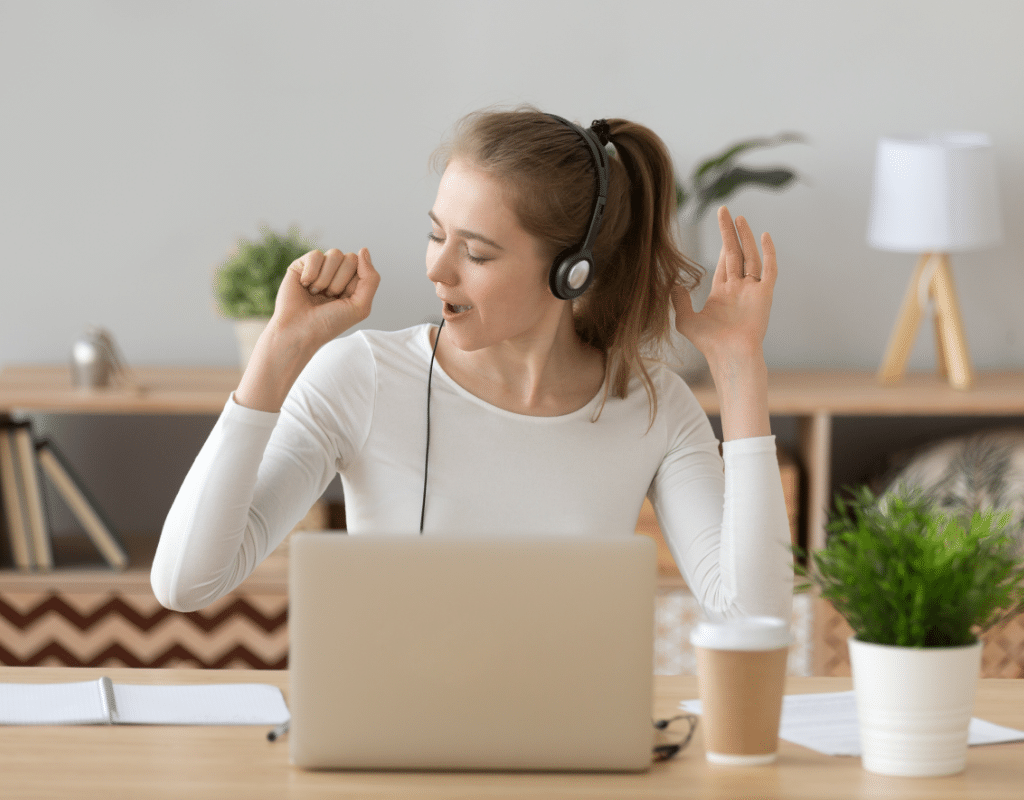
I am a singer. A huge percentage of my life is occupied by music. I sing. I compose songs to sing. I teach other people to sing. I write about singing in blogs and articles. My thoughts and emotions always seem to find their way into music. I sing when I’m happy. I sing when I’m miserable. I sing for joyful events such as weddings and I sing at events full of sorrow such as funerals. I even sing in my head without making a sound.
Now I need to sing in the middle of something that has grabbed the world by the throat and doesn’t seem to want to let go. Although my immediate family has been spared… so far, the novel coronavirus, COVID-19, has caused a catastrophic amount of pain, fear, suffering, and unimaginable sadness for millions of people. Maybe even you.
So I ask myself, how can I help? I’m not a nurse or a doctor. I’m not a scientist who can create a vaccine. I’m not a powerful world leader who can set responses into motion that can confront and defeat the virus. I’m a singer. It’s what I do best. So, my small contribution to this tragic mess we’re in is to offer some reasons why singing can help you in your life as you cope with your own pain, fear and sadness:
- First of all, singing is something almost everybody can do. It’s not about quality. Singing runs the gamut from the person who was told she was the worst singer in the world to Broadway star and our fellow Harmony Helper friend, Rob McClure. Singing (without judgment) is a very doable activity.
- It feels good to sing. Scientists tell us that singing is actually physically and mentally healthy for us. It lights up parts of the brain that bring us pleasure and a sense of wellness. No drugs necessary.
- Singing is free. You just open your mouth and out it comes, no charge.
- No special equipment is necessary. In sports, you usually need a ball or a puck or something. If you want to knit or crochet or paint, you have to buy supplies. If you want to play an instrument, you’ve got to get an instrument. With singing, you are the instrument, so you’ve already got what you need.
- Singing has been with us since the beginning of human history. What’s in your throat is the world’s first instrument. Sing, and you’re doing what your great, great, great, great (you get the idea) grandparents did to express everything from great joy to deep sadness.
- If you’ve got the blues, you can learn to “sing the blues.” It was developed largely by African Americans in the delta part of America, more specifically, around New Orleans. With the blues, you can create the words to fit how you feel at any given moment. If you need help writing your own song, go on YouTube for some guidance about blues and R & B (rhythm and blues).
- Your song choices are almost unlimited. From classical opera to hip hop, there’s a song out there that can express exactly how you feel or how you want to feel. If you want to inspire yourself or others, sing the Rodgers and Hammerstein songs, “Climb Every Mountain” and “You’ll Never Walk Alone” or even that great song from Annie, “Tomorrow.” Not into Broadway? Try Josh Groban’s “You Raise Me Up,” or “Know Your Worth” from Khalid x Disclosure, or “Rise Up” from Andra Day. If you’re leaning more toward classical music, it’s tough to beat “Hallelujah,” the uplifting chorus from Handel’s The Messiah. Go find the songs that work for you.
So, here’s to all of us singing through the pandemic – Rob McClure in his shower (since he can’t be on Broadway right now starring in Mrs. Doubtfire) and you and I in our respective showers, shampoo bottle microphone in hand. Oh, and by the way, Harmony Helper is here ready, willing and able to help all of us to sing better and more accurately if we want to. If not, that’s OK, too. Just sing, and stay safe and well.
The good news is this pandemic will end someday. Singing, however, will go on for as long as there are people on this planet. That thought alone should bring us some comfort and hope in these troubled and dangerous times.
Yours in this together,
Robert
Self-Care For Singers: Robert Edwin Recaps The Discussion
by Guest Contributor: Robert Edwin
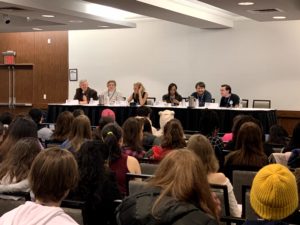
The Self-Care For Singers Panel Discussion
Harmony Helper was helping with more than harmony when it sponsored and hosted a panel at BroadwayCon in New York City on Saturday, January 25, 2020. The panel, titled “Self-Care for Singers” and moderated by Harmony Helper Founder and CEO Andrew Goren, featured Broadway stars, Alex Brightman (Beetlejuice, School of Rock) and Nikki M. James (The Book of Mormon, Les Misérables), noted New York laryngologist (ENT) Dr. Gwen Korovin, and singing teachers/performers Amanda Flynn and Robert Edwin.
Andrew and the Harmony Helper team wanted BroadwayCon participants to know that a lot more goes into being a singer than just getting the notes right. The panel members reflected Andrew’s concern by sharing stories, tips, and experiences about their careers that included some lows as well as some highs. Both Alex and Nikki told the large audience that they had, in the past, seriously damaged their voices. It was when they assembled a team – doctors, teachers, coaches, therapists, nutritionists – that they learned effective self-care.
This holistic approach to singing and the need to build a support team was echoed throughout the hour-long panel discussion. Dr. Korovin said she sees herself as the quarterback of the team since only she can actually observe and analyze the singing instrument. Amanda, because she is both a performer and a teacher, feels like she is “in the trenches” with her clients and tries to find what techniques and strategies work well for each individual singer. Robert emphasized the difference between innate talent and learned skills. He said good self-care means being self-aware. Find out who you are and what you are capable of doing.

Beetlejuice star Alex Brightman talks about how to take care of your voice on tour in a discussion led by Harmony Helper CEO Andrew Goren.
Alex took the audience on a fascinating and amusing tour of his Beetlejuice voice: how he produced it and the team that helped him put it all together to handle the grueling eight-shows-a-week Broadway schedule. Gwen told of her ongoing battles with theater producers who don’t like to hear that their performers need care and rest. Robert stressed the need for singers to think like dancers who always warm up and cool down. All three voice care professionals on the panel agreed that they need to be the champions for their performers’ health and safety.
Final thoughts from the panel left the audience with some really sage advice: (Nikki) Learn the power of “no!”; (Amanda) Mindfulness: spend your vocal dollars wisely!; (Robert) Singing is scientifically proven to be good for your mind and body!; (Alex) Quiet breaths are more efficient than noisy breaths!; (Gwen) Take the time to rest!
For the whole story, you can watch this amazing and entertaining panel discussion on YouTube below.
https://www.youtube.com/watch?v=bWVI-kB7uqI&feature=emb_title


